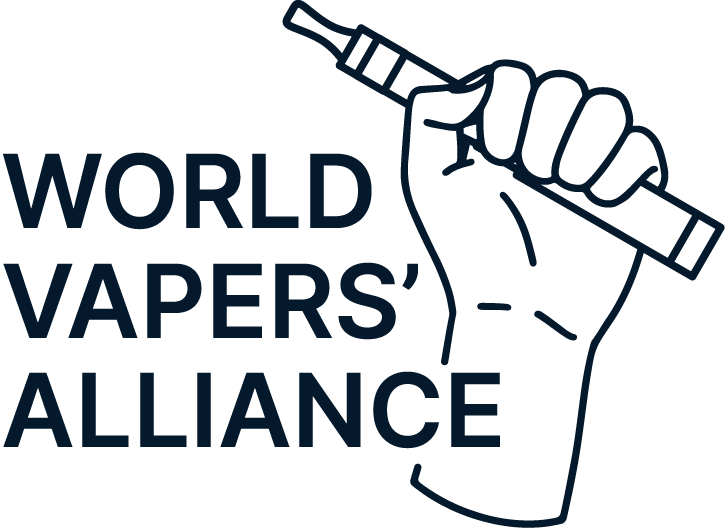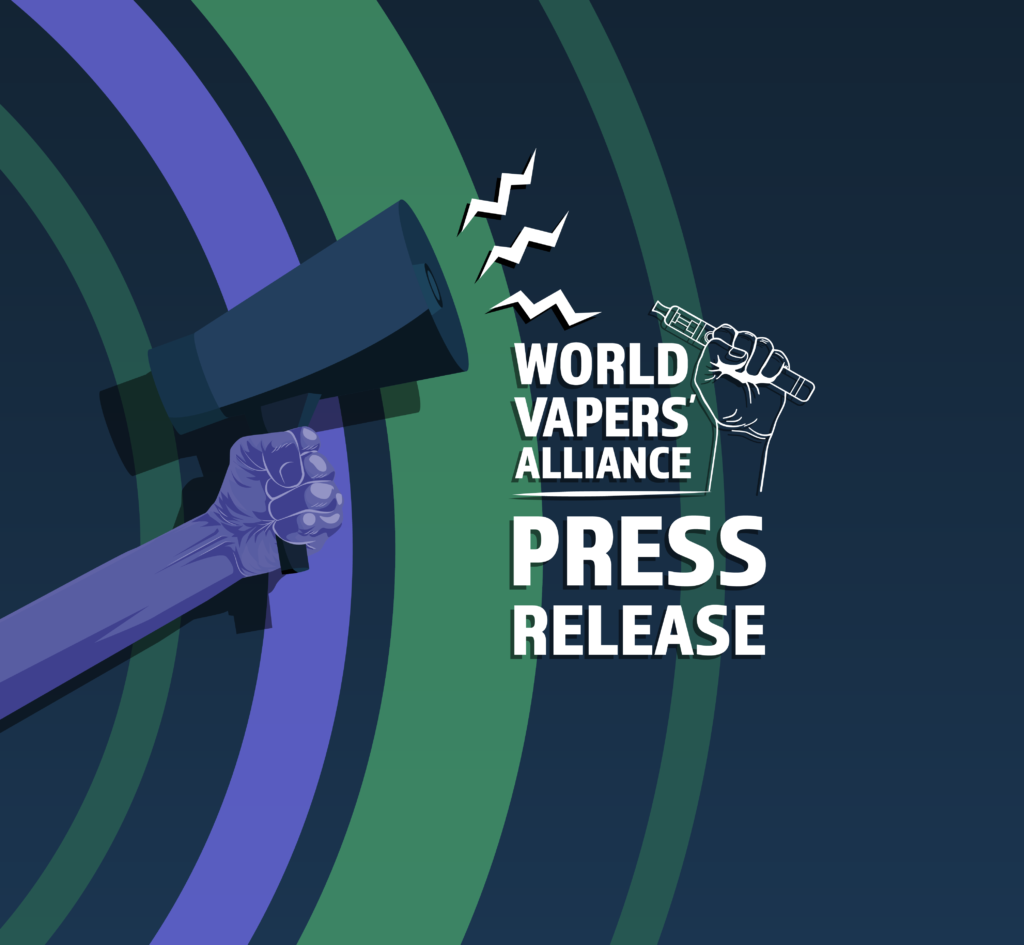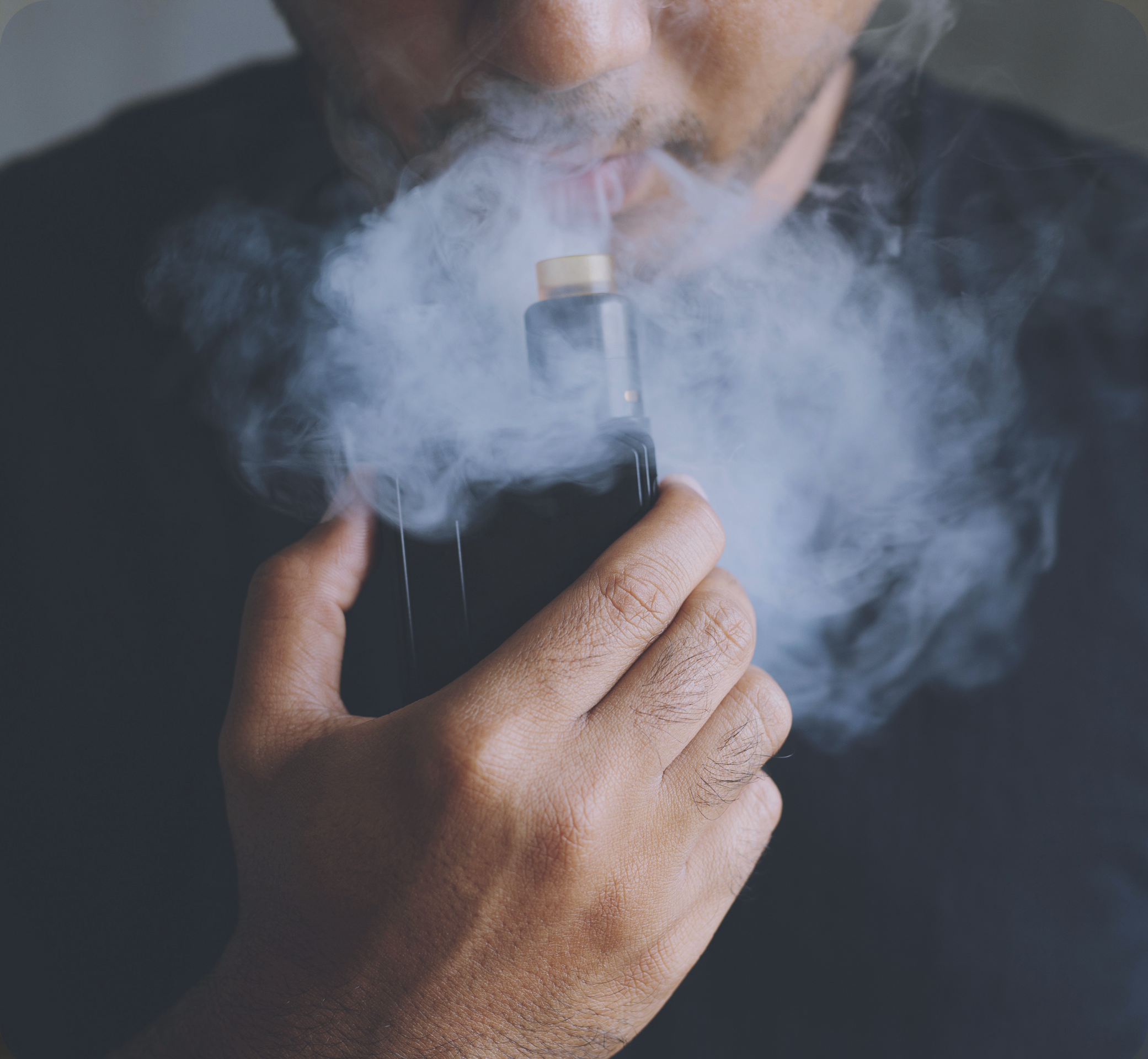14 december 2023 – World Vapers' Alliance (WVA) utfärdade idag skarp kritik mot Världshälsoorganisationens (WHO) nu krävande att globalt förbjuda vaping-smaker. Detta drag från WHO, som markerar en upptrappning i deras kampanj mot vapingprodukter, har mötts av hårt motstånd från skademinsknings- och folkhälsoförespråkare.
Michael Landl, chef för World Vapers' Alliance, uttryckte sitt starka ogillande:
“WHO:s senaste hållning om vaping av smaker är inte bara missvisande, den är farligt borta från den vetenskapliga verkligheten.”. Genom att driva på ett totalförbud bortser WHO uppenbart från en mängd vetenskapliga bevis som understryker fördelarna med vaping jämfört med alternativ. Smaksatta e-cigaretter har visat sig öka chanserna till framgångsrikt rökavvänjning med 230% jämfört med icke-smaksatta alternativ. Det är förskräckligt att se ett så viktigt folkhälsoverktyg avfärdas av en organisation som borde ligga i framkant när det gäller skademinskning.”
WVA betonar att vapning är mindre skadligt än rökning och mer effektivt för att hjälpa rökavvänjning än traditionella metoder som tuggummi och plåster. Organisationen betonar att begränsning eller förbud mot tillgången till vaping-smaker inte bara kommer att undergräva folkhälsoinsatserna, utan också leda till onödiga förluster av liv.
Landl kritiserar vidare WHO:s tillvägagångssätt:
“WHO:s förslag är ett uppenbart åsidosättande av sin skyldighet att skydda folkhälsan. Det är en otjänst mot miljontals rökare och vejpare som framgångsrikt har slutat röka genom smaksatta e-cigaretter.”. Detta förbud är ett regressivt drag som oundvikligen kommer att driva människor tillbaka till rökning, vilket orsakar mer skada och dödsfall. Det är dags för WHO att börja basera sina beslut på vetenskap och verkliga bevis snarare än att vidmakthålla ogrundade farhågor och moralpanik.” avslutade Landl.
WVA uppmanar globala hälsopolitiska beslutsfattare att avvisa WHO:s rekommendation och anta en mer evidensbaserad och balanserad strategi för reglering av vaping. Organisationen efterlyser en politik som respekterar vuxna rökares rättigheter och val samtidigt som den effektivt tar itu med problemet med ungas vaping utan att tillgripa åtgärder som skulle motverka de framsteg som gjorts inom rökavvänjning.








Ett svar